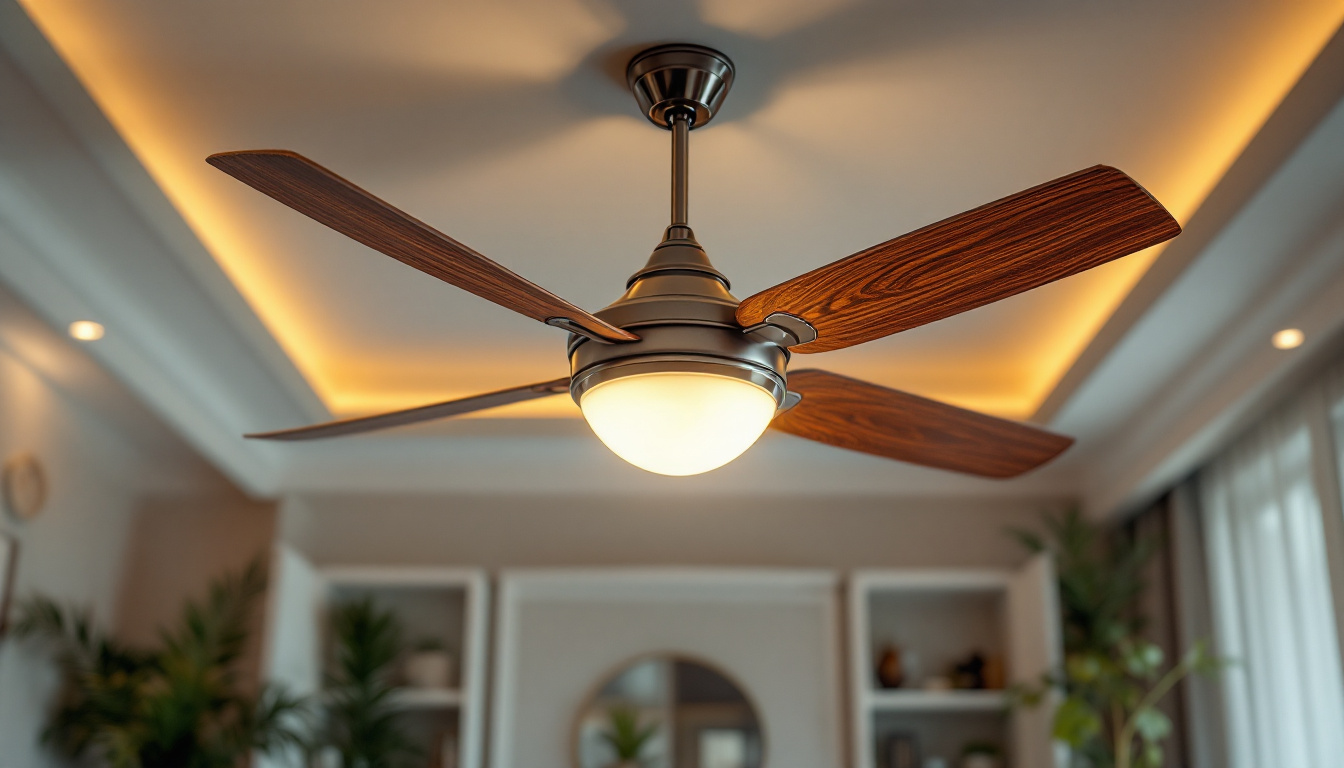
As the demand for sustainable and energy-efficient solutions continues to rise, solar house lights have emerged as a viable option for homeowners and businesses alike. For lighting contractors, understanding the intricacies of solar lighting systems is essential for providing clients with effective and innovative solutions. This article will explore the essential aspects of solar house lights, including their components, benefits, installation considerations, and maintenance requirements.
Solar house lights harness solar energy to illuminate outdoor spaces. These lights are equipped with solar panels that convert sunlight into electricity, which is then stored in batteries for use during the night. This technology not only reduces electricity costs but also contributes to a greener environment. By utilizing renewable energy, homeowners can significantly decrease their carbon footprint while enjoying the benefits of outdoor lighting without the associated energy bills.
Moreover, solar house lights are becoming increasingly popular due to their versatility and ease of installation. They can be placed in various locations, such as pathways, gardens, patios, and driveways, providing safety and aesthetic appeal. With advancements in solar technology, these lights are now available in a range of styles and designs, allowing homeowners to choose options that complement their outdoor decor.
A typical solar house lighting system consists of several key components:
Understanding these components is crucial for lighting contractors, as it enables them to select the right products for their clients’ needs and ensure optimal performance. Additionally, knowledge of the various technologies available can help contractors recommend energy-efficient solutions that align with sustainable practices and budget considerations.
The operation of solar house lights is relatively straightforward. During the day, solar panels absorb sunlight and convert it into electricity. This electricity charges the batteries, which store energy for nighttime use. When the sun sets, the control system activates the lights, drawing power from the batteries to illuminate the area.
Most solar lights come with built-in sensors that automatically turn the lights on at dusk and off at dawn, ensuring convenience and energy efficiency. Some advanced models even feature motion sensors, which can enhance security by illuminating only when movement is detected. This not only conserves energy but also provides an added layer of safety for homeowners, making it more difficult for potential intruders to approach unnoticed. Furthermore, many solar lights are designed to be weather-resistant, allowing them to function effectively in various environmental conditions, from rain to snow, ensuring reliable performance year-round.
As technology continues to evolve, we are seeing the introduction of smart solar lights that can be controlled via smartphone apps. This innovation allows users to adjust brightness levels, set schedules, and even monitor energy consumption from the convenience of their devices. Such advancements not only enhance user experience but also promote a more interactive and customizable approach to outdoor lighting solutions.
Solar house lights offer numerous advantages that make them an attractive option for homeowners and businesses. Understanding these benefits can help lighting contractors effectively communicate the value of solar lighting to their clients.
One of the most significant benefits of solar house lights is their energy efficiency. By relying on solar energy, homeowners can significantly reduce their electricity bills. Over time, the savings on energy costs can offset the initial investment in solar lighting systems.
Additionally, solar lights require minimal maintenance compared to traditional lighting systems. With no wiring or electrical connections, the risk of electrical failures is substantially reduced, leading to lower maintenance costs for homeowners.
Solar house lights contribute to a more sustainable future by reducing reliance on fossil fuels. By utilizing renewable solar energy, these lights help decrease carbon footprints and promote environmental conservation.
Moreover, many solar lights are constructed from recyclable materials, further minimizing their environmental impact. This aligns with the growing consumer preference for eco-friendly products, making solar lighting an appealing option for environmentally conscious clients.
For lighting contractors, proper installation is crucial to ensure that solar house lights function effectively and efficiently. Several factors must be taken into account during the installation process.
Before installation, a thorough site assessment is essential. Contractors should evaluate the location for adequate sunlight exposure, as solar panels require direct sunlight to generate electricity effectively. Areas shaded by trees, buildings, or other obstructions may not be suitable for solar lights.
Additionally, contractors should consider the intended purpose of the lighting. For instance, pathway lights may require different placement and brightness levels compared to security lights or decorative fixtures. Understanding the specific needs of the client will help in selecting the appropriate solar lighting solutions.
The placement and orientation of solar panels are critical for maximizing energy absorption. Ideally, solar panels should face south (in the northern hemisphere) to receive the most sunlight throughout the day. Contractors should also ensure that the panels are installed at an angle that optimizes solar exposure, typically between 30 to 45 degrees.
When positioning the lights, contractors should consider factors such as the height of the fixtures and the desired illumination area. Proper spacing between lights is also essential to ensure even lighting distribution and avoid dark spots.
While solar house lights require minimal maintenance, regular upkeep is necessary to ensure their longevity and performance. Lighting contractors should advise clients on essential maintenance practices.
Dust, dirt, and debris can accumulate on solar panels, reducing their efficiency. Regular cleaning of the panels is necessary to maintain optimal performance. Contractors can recommend a cleaning schedule, especially in areas with high dust or pollen levels.
Using a soft cloth or sponge with mild soap and water is typically sufficient for cleaning. It is important to avoid abrasive materials that could scratch the surface of the panels.
Batteries are a crucial component of solar house lights, and their lifespan can vary based on usage and environmental conditions. Contractors should educate clients about the signs of battery deterioration, such as dimming lights or inconsistent performance.
In many cases, batteries can be replaced easily, but it is essential to use compatible replacements to ensure optimal performance. Regularly checking battery connections for corrosion and ensuring they are securely fastened can also extend their lifespan.
Despite the growing popularity of solar house lights, several misconceptions persist that may hinder their adoption. Lighting contractors should be prepared to address these myths when discussing solar lighting with clients.
One common misconception is that solar lights are not bright enough for practical use. In reality, advancements in LED technology have significantly improved the brightness and efficiency of solar lights. Many modern solar lights provide adequate illumination for various applications, from pathways to security lighting.
Contractors can showcase the performance of high-quality solar lights to dispel this myth and demonstrate their effectiveness in meeting clients’ lighting needs.
While the initial investment in solar house lights may be higher than traditional lighting systems, the long-term savings on electricity bills and maintenance costs often outweigh the upfront expenses. Additionally, many clients may qualify for rebates or incentives for installing solar lighting, further reducing overall costs.
Lighting contractors can help clients understand the return on investment associated with solar lighting, making it a more attractive option.
The future of solar house lights looks promising, with ongoing advancements in technology and growing consumer interest in sustainable solutions. Lighting contractors who stay informed about these trends will be better positioned to meet the evolving needs of their clients.
Recent innovations in solar technology, such as improved battery storage systems and more efficient solar panels, are enhancing the performance and reliability of solar house lights. These advancements are making solar lighting systems more accessible and appealing to a broader audience.
Additionally, the integration of smart technology into solar lighting systems is becoming more prevalent. Smart solar lights can be controlled remotely via smartphone apps, allowing users to customize settings and monitor energy usage.
As awareness of environmental issues continues to rise, more homeowners and businesses are seeking sustainable solutions. Solar house lights align perfectly with this trend, offering an eco-friendly alternative to traditional lighting systems.
Lighting contractors can capitalize on this growing demand by expanding their offerings to include a range of solar lighting solutions, catering to the diverse needs of their clients.
Solar house lights present a unique opportunity for lighting contractors to provide innovative and sustainable lighting solutions to their clients. By understanding the components, benefits, installation considerations, and maintenance requirements of solar lighting systems, contractors can effectively communicate the value of these products.
As technology continues to advance and consumer interest in sustainable solutions grows, the demand for solar house lights is likely to increase. Lighting contractors who embrace this trend and stay informed about the latest developments in solar technology will be well-equipped to meet the needs of their clients while contributing to a greener future.
Ready to elevate your lighting projects with the most efficient and sustainable solar house lights on the market? At LumenWholesale, we provide lighting contractors like you with the highest quality, spec-grade lighting products at prices that can’t be beaten. Say goodbye to local distributor markups and hello to our extensive selection that meets rigorous industry standards. Plus, with free shipping on bulk orders, you can stock up on premium lighting solutions without worrying about hidden fees. Don’t compromise on quality or value—choose LumenWholesale for the perfect combination of affordability and convenience. Wholesale Lighting at the Best Value is just a click away.

Discover how a High Bay Lighting Layout Calculator can revolutionize your lighting projects by enhancing efficiency and precision.

Discover how the Lights Sale is a game-changer for the lighting industry, offering unbeatable deals, innovative products, and industry insights—boost your lighting solutions today!.

Discover how walkway lighting solutions can revolutionize efficiency for lighting contractors, saving both time and money.

Discover essential tips and innovative strategies for lighting contractors to seamlessly integrate fancy ceiling fans into their projects.